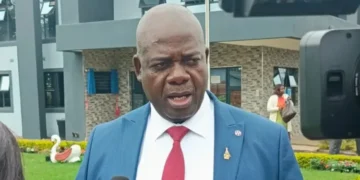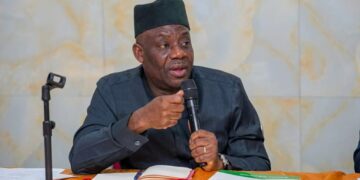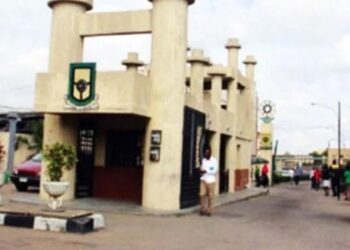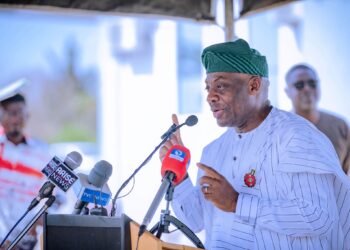The Managing Director of the Nigerian Education Loan Fund (NELFund), Akintunde Sawyerr, has debunked allegations of fund diversion leveled against the agency by the Independent Corrupt Practices and Other Related Offences Commission (ICPC), insisting that the claim was erroneous and damaging.
Speaking before the House of Representatives Committee on Student Loans on Wednesday, Sawyerr said the ICPC had misrepresented both the amount of funds received and disbursed by NELFund. He disclosed that the agency had received a total of ₦203 billion from the federal government and disbursed ₦54 billion to 293,000 students across 303 public tertiary institutions.
Sawyerr stated that while the ICPC has since withdrawn the allegation of fund diversion, the initial report caused significant reputational damage to the agency. “Even though we knew the claim was unfounded, we recognized the damage it might do to public confidence in a scheme where there was already a great deal of skepticism,” he said.
He noted that 90% of the funds received by NELFund are statutorily designated for student loans and cannot be used for other purposes. Of the ₦54 billion disbursed so far, ₦30 billion was sent to the institutions for tuition, while ₦24 billion was paid directly to students as upkeep.
The MD explained that the ₦203 billion received came from various government sources, including ₦10 billion from the Office of the Accountant-General, ₦143 billion from TETFund on presidential directive, and ₦50 billion in recovered proceeds of crime from the Economic and Financial Crimes Commission (EFCC).
Chairman of the House Committee on Student Loans, Hon. Ifeoluwa Ehindero, said the session was necessitated by growing public concern over the management of the student loan scheme.
He noted that social media had been awash with allegations of misappropriation and delays in disbursement, prompting the House to summon NELFund for clarification.
Sawyerr expressed gratitude for the opportunity to address the lawmakers and reiterated the agency’s commitment to transparency.
“This project is sacred. We understand the importance of education to our youth. Any breach of trust could stifle the future of many Nigerians,” he said.



















































































 EduTimes Africa, a product of Education Times Africa, is a magazine publication that aims to lend its support to close the yawning gap in Africa's educational development.
EduTimes Africa, a product of Education Times Africa, is a magazine publication that aims to lend its support to close the yawning gap in Africa's educational development.